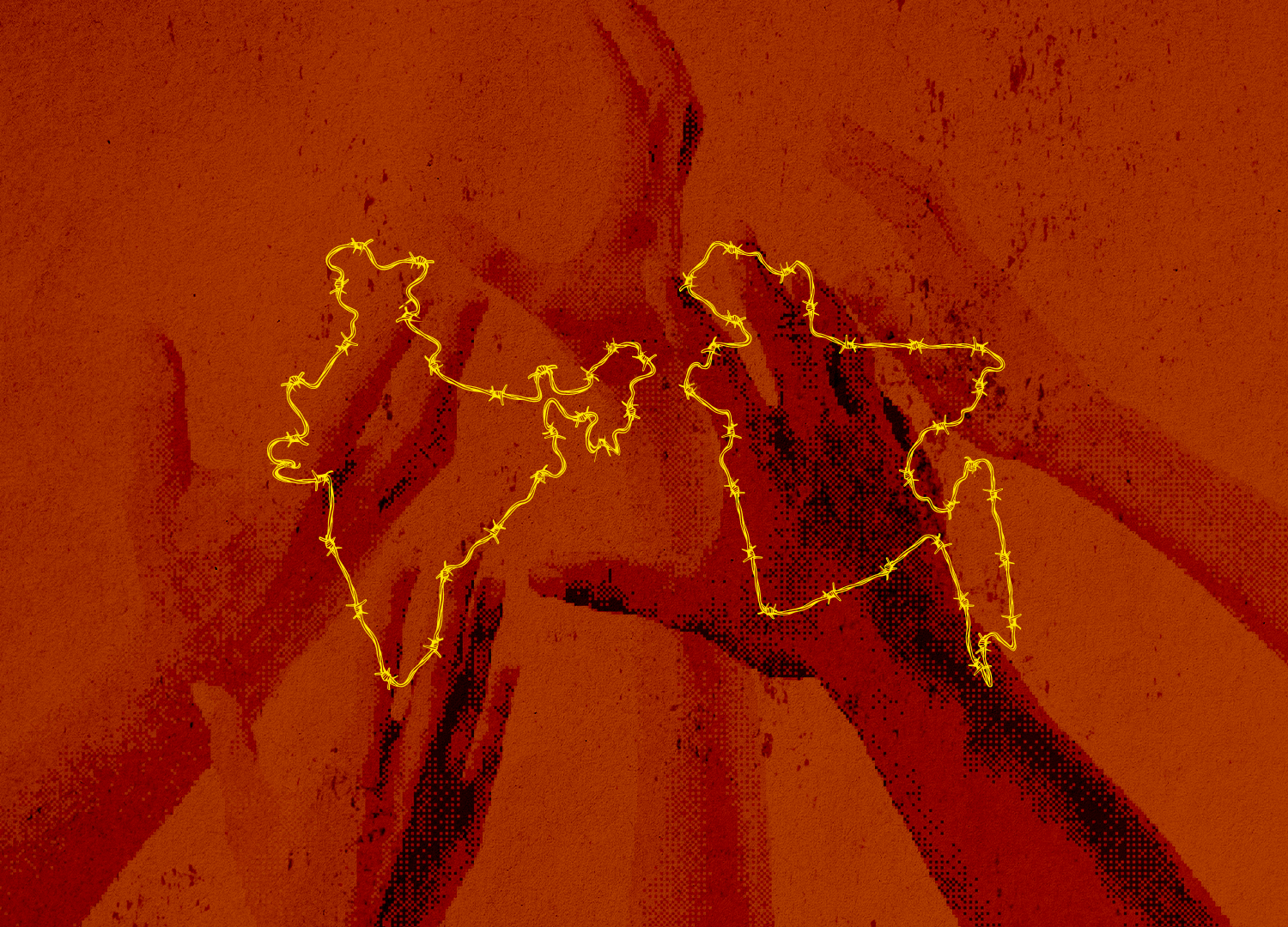Faith and friendship
By ensuring religious freedom and preventing communalism, Bangladesh can give leadership on secularism in the region where India has failed.

A straight line can be drawn from Sheikh Hasina bringing the curtain down on her dictatorship by fleeing to India on August 5th, and the attack on the Assistant High Commission of Bangladesh in Tripura by a febrile Hindu nationalist mob on December 2nd. The open hostility displayed by India as a response to losing its vassal Awami League government in Bangladesh, fuelled by a concerted disinformation campaign, has further eroded the already depleted goodwill of Bangladeshis.
Bilateral relations based on mutual respect and trust, and good faith, are all but impossible in the current climate that has been created by India’s immature and irresponsible behaviour. By choosing a path of fundamentalist Hindu nationalism, India has torn apart the friendship it once had with Bangladesh, and is threatening Bangladesh’s sovereignty.
Worse still, it seems intent on pushing Bangladesh towards that same path as a self-fulfilling prophecy that belies the truth that there is no immediate risk of Islamism becoming the dominant force in Bangladeshi politics. It is only the Awami League – whose members have invested heavily in concocting and promulgating this false narrative by wilfully misrepresenting the status and strands of Islamism in the country – and its ardent supporters who say otherwise. Since the end of Hasina’s reign, proving they are wrong is no longer a punishable offence.
Nevertheless, the widespread anti-India sentiments, having become too easy to justify, are finding expression as bigotry directed at the Hindu minority in Bangladesh. Pointing at the ill-treatment of the Muslim minority in India as justification for this is unacceptable. The justifiable opposition to the Indian state’s regional authoritarianism must not be conflated with the Hindu faith. Just as it is an undeniable fact that a Hindu nationalist government in India has been stoking communalism and extremism within and without, it is equally undeniable that Bangladesh has a history of discriminating against its religious and indigenous minorities.
Moreover, fundamentalist ideologies and groups exist in Bangladesh, are disproportionately loud, and can find wider appeal in the slipstream of anti-India sentiments. While it is true that, unlike India, which is being governed by a religious fundamentalist party, the risk of this happening in Bangladesh at present is non-existent, allowing fundamentalism to thrive opens the door to that risk. Religious freedom does not exist in a meaningful way when the majority’s rhetoric of hate has immunity, not least since, as seen in India, rhetoric more often than not spills over into action. Acknowledging these is the crucial first step towards preventing communalism and guaranteeing religious freedom. India is blind to this first step. Bangladesh cannot afford to be.
India has not only ceded moral authority, but also its standing as a once secular beacon in South Asia. With the exception of the ousted Awami League, who are continuing to serve India’s interests at the expense of Bangladesh’s, the Bangladeshi political class has shown signs of leadership capabilities on the issues of Bangladesh’s interests and secularism in the region. These can create a good faith foundation for geopolitical interactions with those who wish to be friends. Faith and friendship are not mutually exclusive. India has chosen not to believe this, and is attempting to convince the world with its propaganda. A Bangladesh free of the Awami League no longer has to follow India’s lead.●